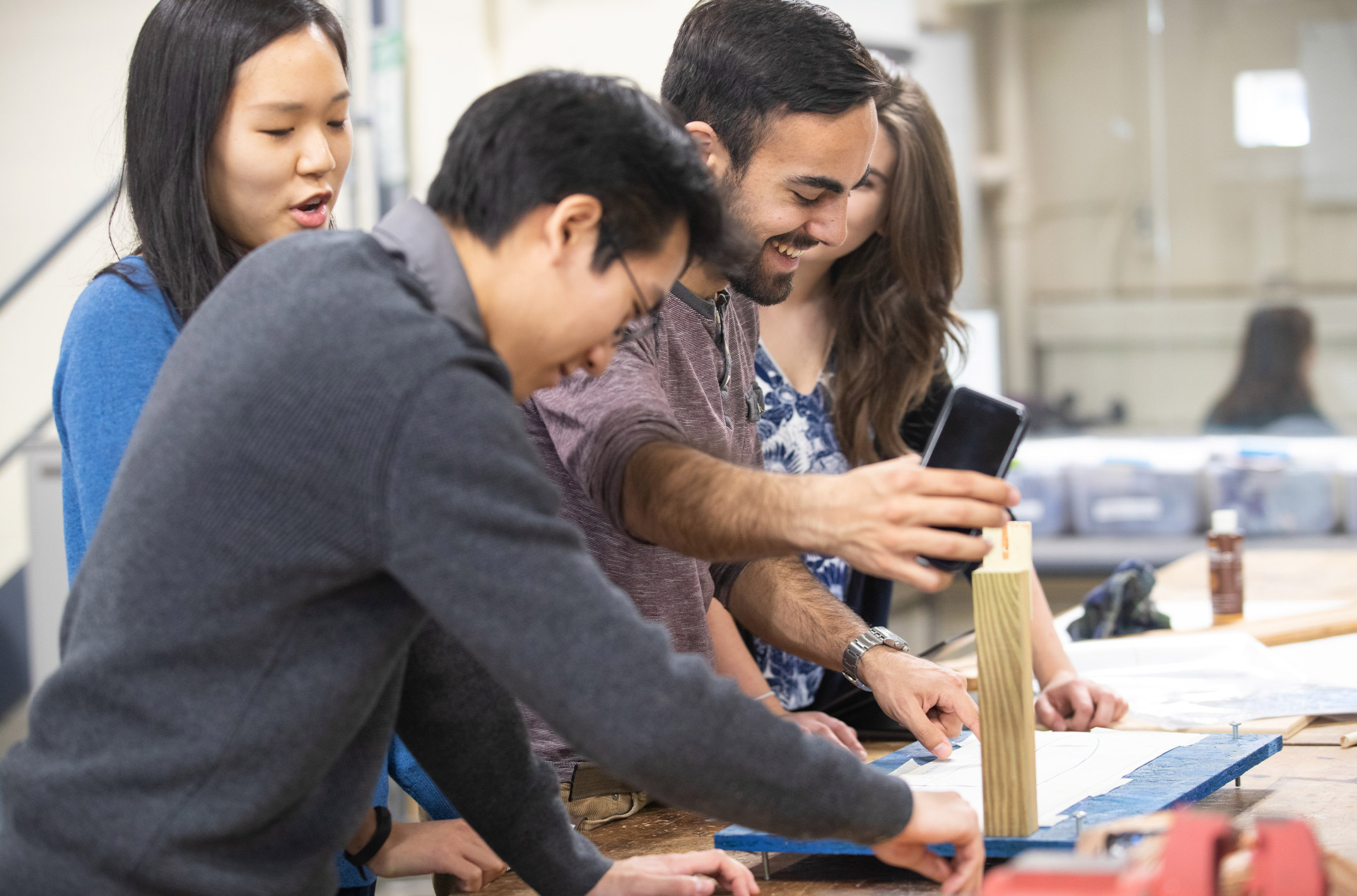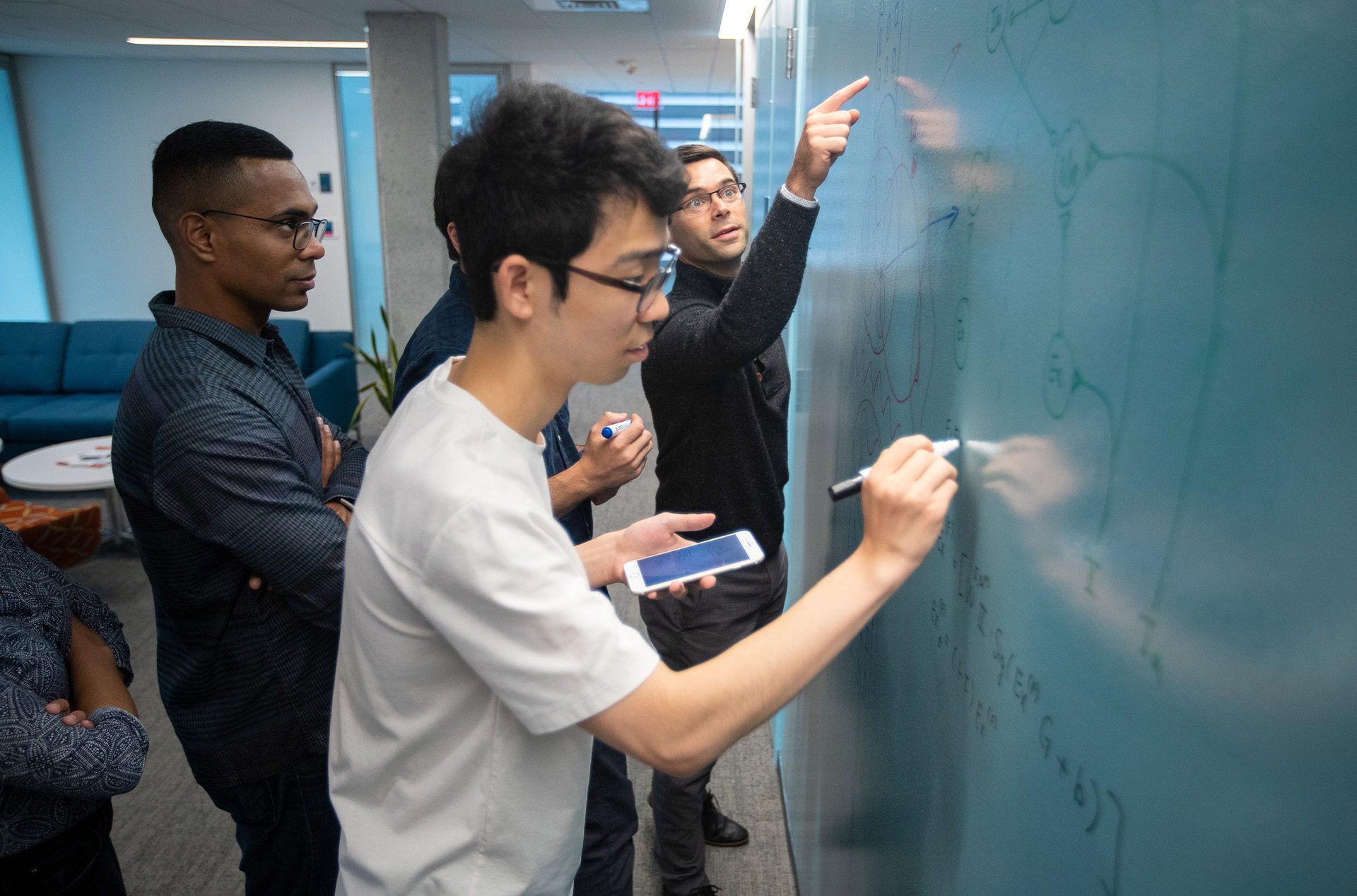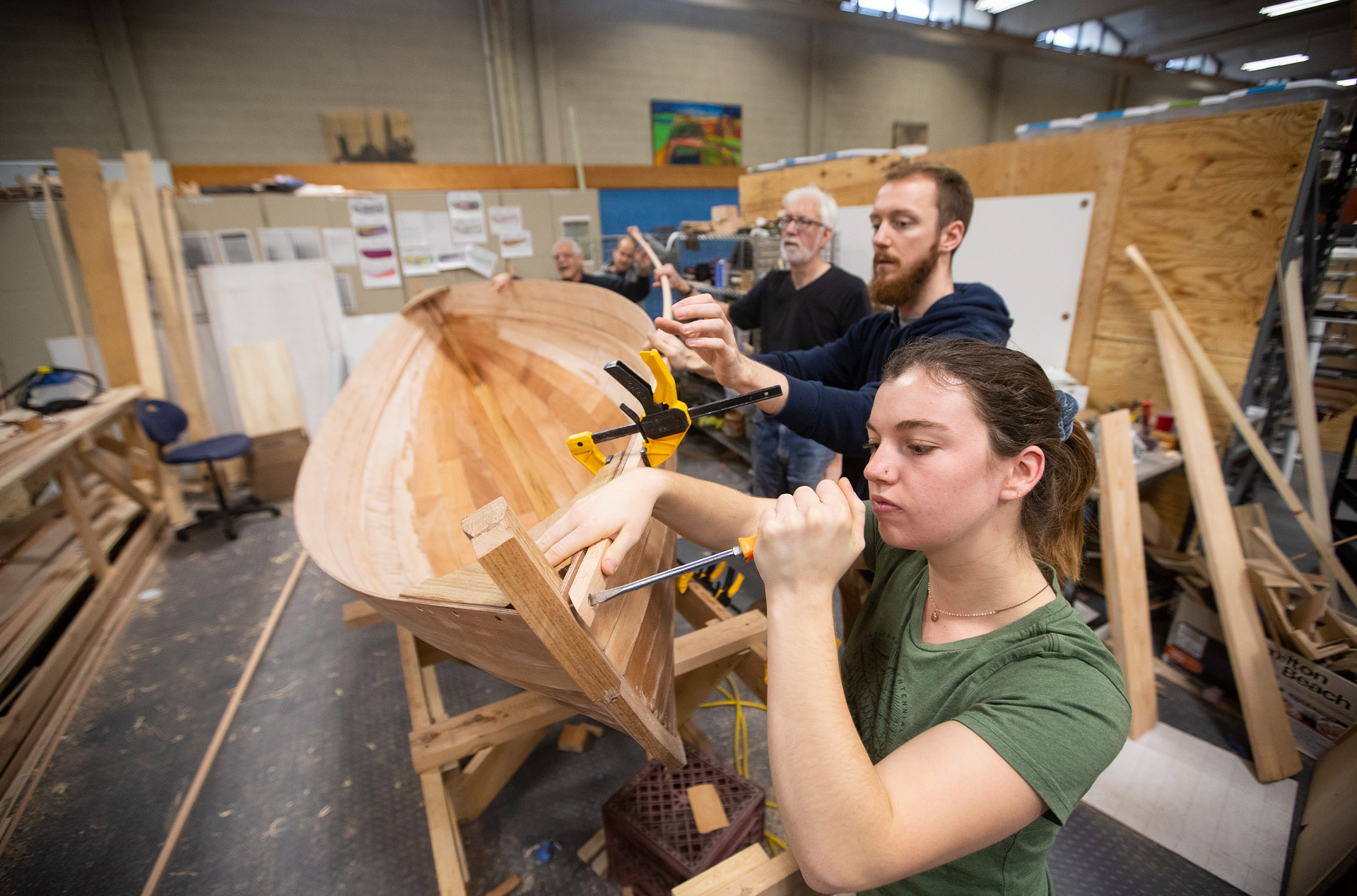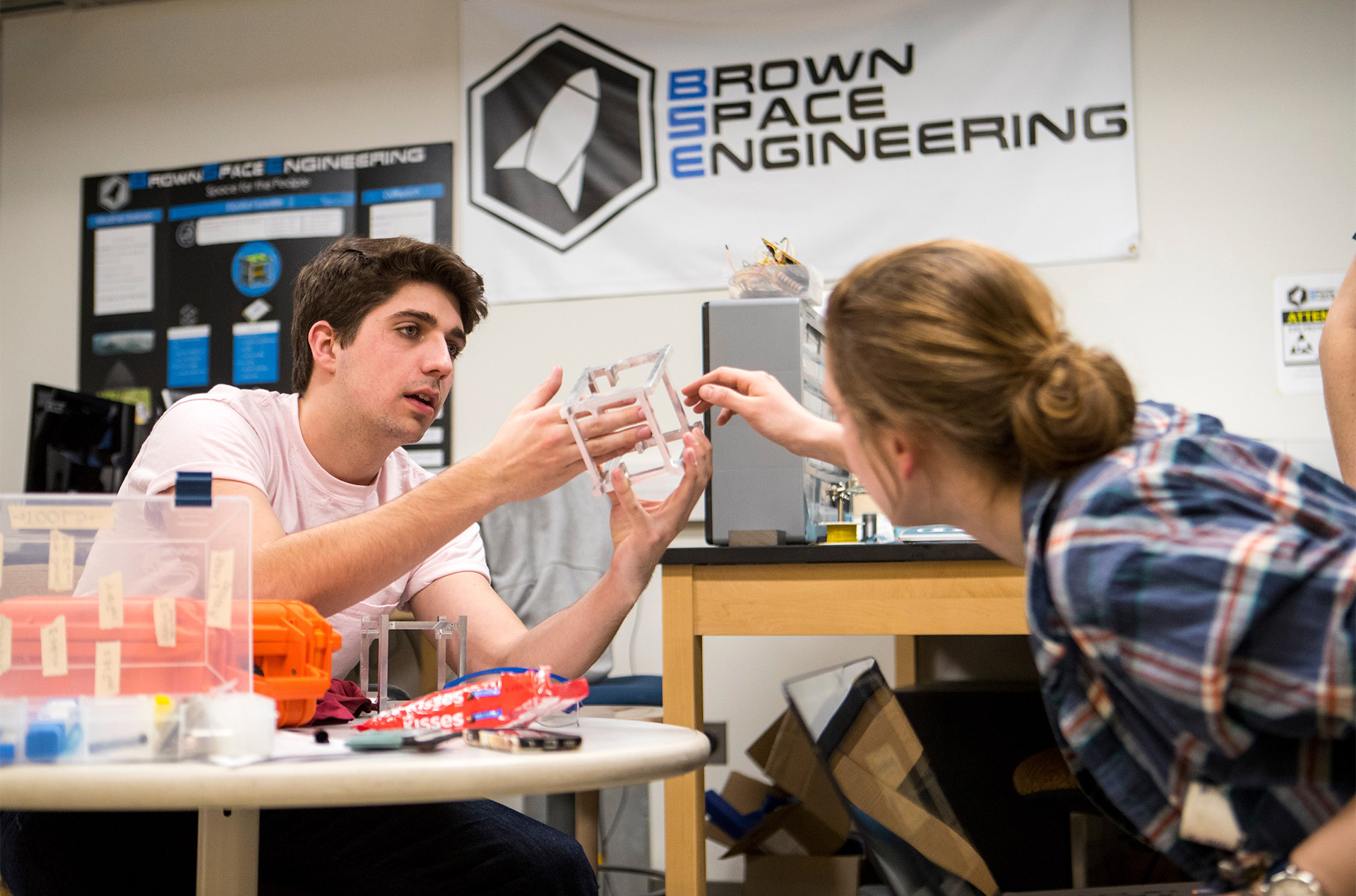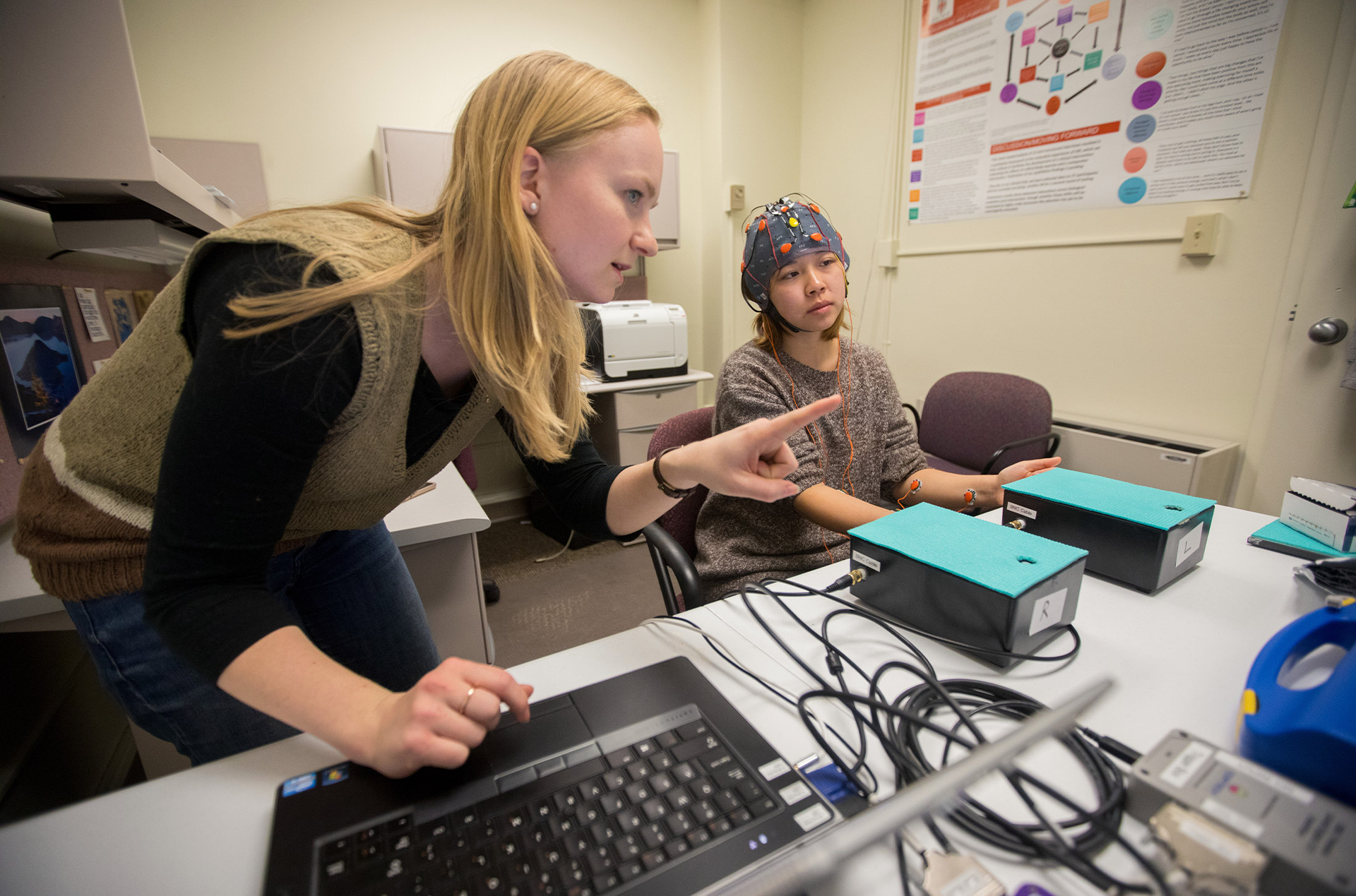Brown University
Providence, RI
Providence, RI
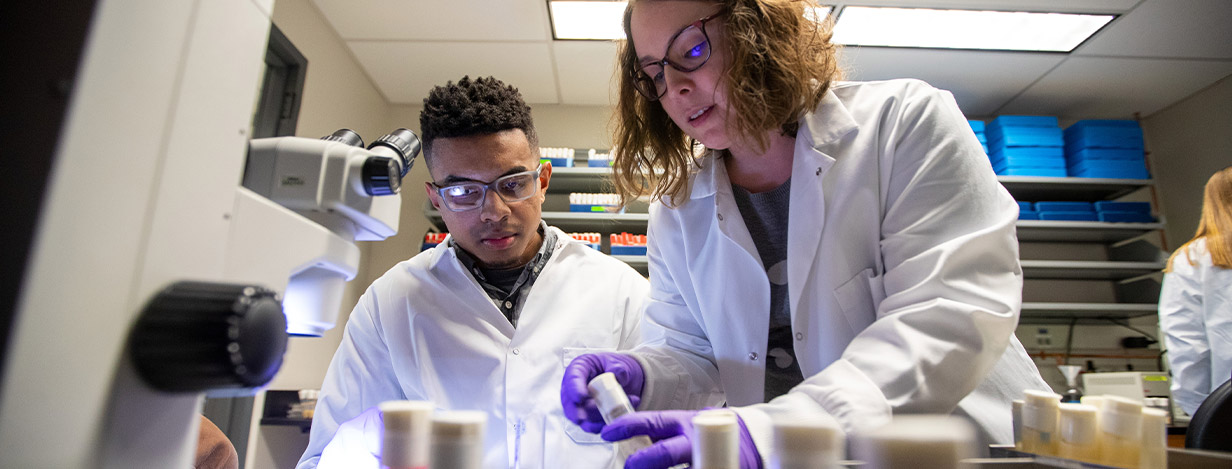
The freedom to choose your academic journey
The Brown University undergraduate engineering program, established in 1847, is the oldest in the Ivy League and the third-oldest civilian program in the nation. The School of Engineering continues in the Brown tradition, distinct among its peers, of making unique connections between the various engineering disciplines as well as other fields, including biology, chemistry, computer science, the humanities, medicine, physics, and the social sciences.
The undergraduate Engineering Research Center is based on a common core of subjects that all concentrators (Brown lingo for “majors”) follow during their first two years. In the first year, students conduct calculation- based design projects, giving prospective engineers a sense of the discipline while providing them with the scientific fundamentals needed for future study. In the second year, students typically take courses in other areas of engineering, such as materials science, thermodynamics, electricity, and magnetism. In addition to providing a solid understanding of these important areas, the courses expose students to a broad range of engineering disciplines to provide a strong background for choosing a specialization near the end of the second year.
Brown offers ABET-accredited Sc.B. concentrations in biomedical engineering, chemical and biochemical engineering, computer engineering, electrical engineering, materials engineering, and mechanical engineering. In addition, students may pursue other engineering Sc.B. programs such as engineering and physics, environmental engineering, or an independent Sc.B. degree. Graduates of the School of Engineering have exceptional placement rates: 46% industry, 26% engineering graduate school, 8% finance/consulting, 4% business/law/medical school, and 16% are pursuing other endeavors.
Renowned for the major impact they make in the world, Brown’s faculty are the educators you learn from in the classroom, in the laboratory, and in the field. Through a variety of fellowships, grants, and independent studies, undergraduates can work side-by-side with faculty members and graduate students exploring the frontiers of knowledge.
 |
Brown has made substantial commitments to reducing its carbon footprint and has strong academic programs in environmental studies. |
• Applied Mathematics
- Biology
- Computer Science
- Economy
• Astronomy
• Behavioral Decision Sciences
• Biochemistry & Molecular Biology
• Biology
• Biomedical Engineering
• Biophysics
• Chemical Physics
• Chemistry
• Cognitive Neuroscience
• Cognitive Science
• Computational Biology
• Computer Science
- Economics
• Engineering
• Engineering & Physics
• Environmental Studies
• Geological Sciences
• Geology
- Biology
- Chemistry
- Physics/Mathematics
• Health & Human Biology
• Mathematics
- Computer Science
- Economics
• Neuroscience
• Physics
• Psychology
• Social Analysis & Research
• Statistics
